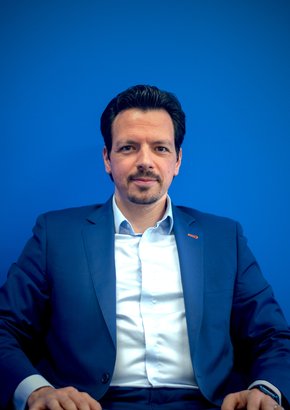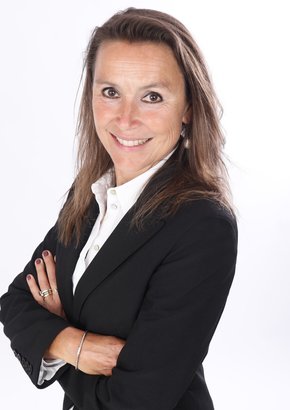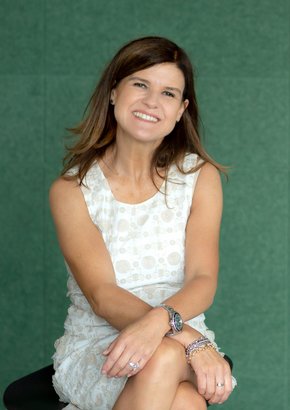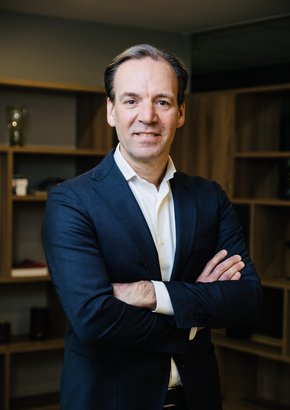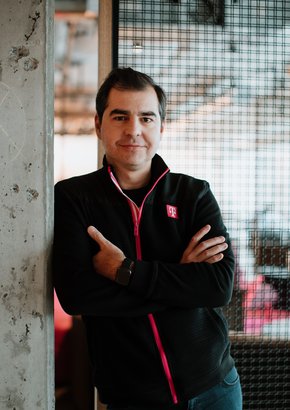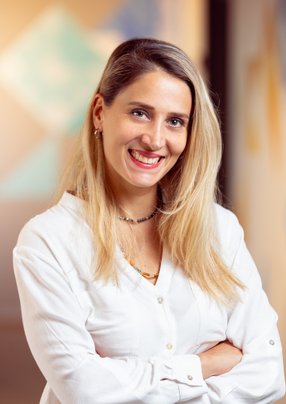
Interview with Hadar Vaturi
VP People working at Qwilt
Tell us about your role
My name is Hadar Vaturi. I lead recruitment and development initiatives at Qwilt, a tech start-up focused on opening up a new standard of delivery and services from the service provider edge.
I’m based out of Tel Aviv, Israel, and have extensive experience in HR, specifically around scaling up teams. I’ve been with the company for almost three years and have helped the Qwilt team nearly triple in size while maintaining our amazing culture and deeply held values of equality, diversity, and passion for the industry.
Can you tell us about your education and career path?
I studied communications at the Open University. I have always had a passion for the tech sector, and my early roles focused on supporting leadership teams in the telecoms sector. I quickly realised people are at the heart of everything. I enjoy helping companies transform and scale up operations to meet their ambitions, and I have done so as head of HR at e-commerce and FinTech organisations, before joining Qwilt.
What led you to this industry?
I have a long-held belief that individuals are key to helping organisations achieve their goals. HR plays a critical role in setting up the right environment by having the right leaders in place, the appropriate role models, and the correct support systems to help people become the best versions of themselves. I feel great managers believe in your vision and potential for turning a company into a success story. Again, it’s the realisation that people are crucial to success, which led me onto this career path.
How are you driving new talent into the company?
The telcotech market is thriving. It’s a dynamic, fast- evolving, and highly rewarding sector with small and big organisations competing for the best talent. Our main goal is to attract talent wherever that may be. Once we identify the relevant people with the relevant skill sets, we let our culture and product do the talking. We also rely on referrals. As soon as we hire someone, we ask them to identify the best three talents they’ve ever worked with and then to reach out directly to those people. I’m very proud to say that half of all our hires have been a direct result of this initiative, which has bolstered our ranks with some great new folks that are both experienced and passionate about the industry.
What are you doing to improve recruitment and drive a fairer system?
Our goal has always been to seek diverse talent. We see Qwilt as a community that believes in a common set of goals and vision for the future. We have made significant strides in prioritising female talent and supporting the belief that there are women trailblazers today and every day. We don’t shy away from the market situation that shows far fewer women developers than men. Instead, we accept our position as a key technology leader and acknowledge we have a responsibility to drive leadership in DE&I within our industry.
While we’re already above industry benchmarks in female hires and retention, gender equity remains a persistent focus for us. Throughout 2022 and into 2023, we’ve ensured 50% of our editorial placements, keynotes and panels have strong female voices.
What do the next 12 months hold for you and Qwilt?
It’s no easy challenge to scale at the pace and level Qwilt has been doing for the past few years. We’ve had to undergo restructuring, and have encouraged people to become team leaders and role models for their colleagues.
We’ve taken managers from across the company, from all roles and backgrounds, to ensure we retain a core and diverse culture as we grow.
By ensuring that all our teams have a clear career path and growth potential at Qwilt, we
maintain a driven and forward-thinking company mindset that propels our technology forward and delivers the best customer service.

